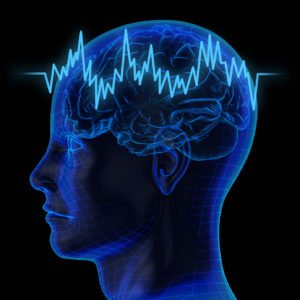A proposal to test how reliable brain scans could be in detecting whether suspects knew anything about a crime goes beyond the limits of the technology, says Professor Donna Rose Addis.
 Writing in the New Zealand Herald, University of Auckland psychologist Prof Addis responded to an article published on June 29 describing the work of ‘The Brain Does Not Lie’ project based at the University of Canterbury.
Writing in the New Zealand Herald, University of Auckland psychologist Prof Addis responded to an article published on June 29 describing the work of ‘The Brain Does Not Lie’ project based at the University of Canterbury.
An excerpt (read in full):
Donna Rose Addis: Employing brain scans for lie detection just fuzzy logic
In fact, neuroscientists the world over have rejected the idea that this technology could be used for lie ” or knowledge ” detection.
Brain scanning cannot tell us what someone knows or doesn’t know for one simple reason: a single pattern of brain activity can indicate many different types of thoughts.
Called a “one-to-many mapping“, this means a brain scan can be interpreted in a number of ways and is therefore not definitive.
It is also often impossible to get reliable brain scan results from an individual person.
Most of our understanding about brain function is derived from studies on groups of people, yielding averaged patterns of brain activity. In contrast, lie detection focuses on brain activity in one person: the defendant.
Because every brain is different, it is impossible to conclude definitively that an individual’s brain patterns reflect the presence or absence of knowledge; perhaps their brain just works differently from the norm.